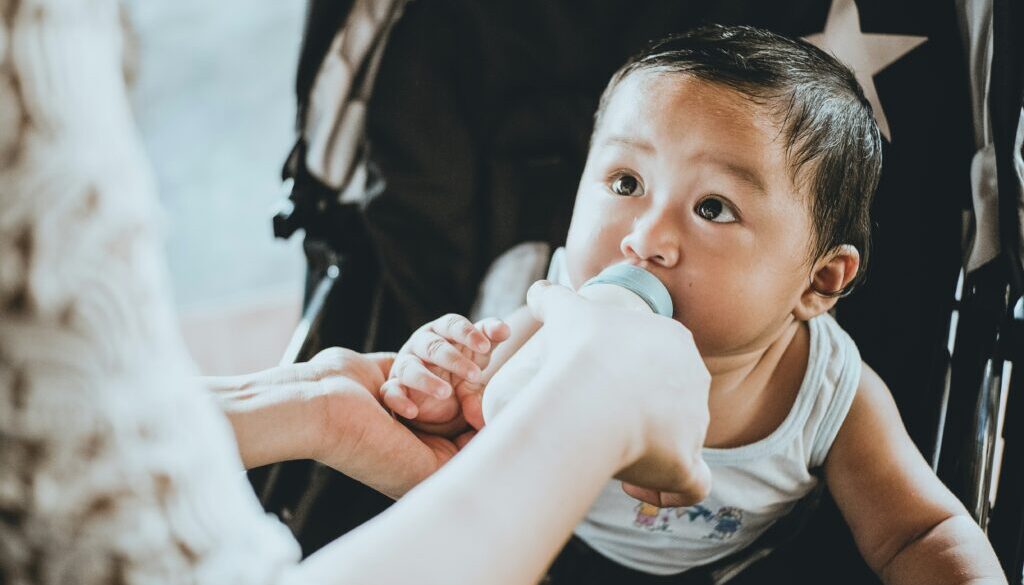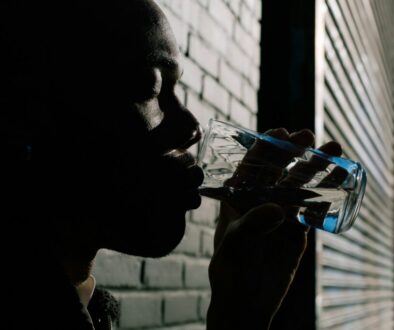Baby bottle makers deceived parents over dangers of plastic products, lawsuits allege
Two US baby bottle makers have been engaging in a “campaign of reckless deceit” about the dangers microplastics in their products pose to infants and young children, according to a new lawsuits filed Tuesday.
In the separate court filings, lawyers representing a small group of California parents alleged that Philips North America and the Handi-Craft Co. marketed baby bottles and plastic cups as safe for children even though they knew that when the products were heated microplastics from the containers could leach into the food and liquids being served to the children. Parents often microwave or otherwise warm bottles of breast milk or formula before serving them to babies.
“This disregard for the safety and well-being of society’s most vulnerable members has placed the health and welfare of millions of children in jeopardy as well as duped consumers out of millions of dollars,” the lawsuits claim. The companies have “callously brought to life every parent’s worst nightmare: unknowingly harming their children through a product they believed was safe,” according to the lawsuits.
The lawsuits assert to make the claims on behalf of all California residents who purchased the relevant products within the last four years and all US residents purchasing the products within varying statutes of limitation.
“A bare minimum expectation of the world’s leading manufacturers of baby bottles is to inform parents and caregivers that their products leach harmful microplastics upon warming,” plaintiffs’ attorney Shireen Clarkson said in a press release. The Clarkson law firm filed the twin lawsuits in US District Court for the Northern District of California. “These companies need to be held accountable and parents need to be informed of the dangers of these products,” she said in the press release.
Handicraft, which markets “Dr. Brown’s” baby bottles as the “#1 Pediatrician Recommended Baby Bottle in the US,” did not respond to a request for comment.
Philips, which sells popular Avent baby bottles and other products, also did not respond to a request for comment.
Microplastics are generally defined as particles smaller than 5 mm (5,000 microns). Researchers have found that rodents exposed to increased concentrations of microplastics showed increased alterations in key biological functions. Other research has found that exposure to microplastics can have toxic effects that include metabolic disorder, immune response, and reproductive and developmental toxicity.
The baby bottles and children’s cups in question are made with polypropylene plastic, which leak microplastics into the contents of the bottles and cups when heat is applied, the lawsuits claim.
The exposure to these microplastics can “cause long-term health complications for children—including damaging children’s digestive tract, immune system, and reproductive systems,” according to the legal complaints.
The litigation seeks court orders requiring, among other things, that the companies stop selling the products.
(Featured photo by Rainier Ridao on Unsplash.)
 EWG
EWG


